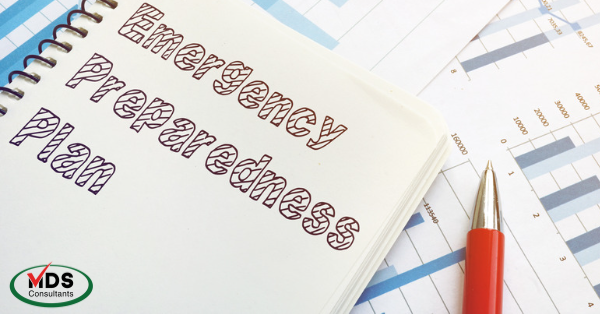The COVID-19 pandemic has highlighted the need for skilled nursing facilities to have an effective Emergency Preparedness Plan – one that includes sheltering-in-place.
The Centers for Medicare and Medicaid Final Rule requires that participating providers have an active Emergency Preparedness Plan. With reimbursement payments, accreditation status, and liability exposures all on the line, long-term care facilities should conduct an “all-hazards” risk assessment. This risk assessment should ideally be conducted annually and used as the basis for updating the facility’s Emergency Preparedness Plan.
The MDS Role in Emergency Preparedness
The Resident Nurse Assessment Coordinator (RNAC) or MDS Coordinator plays a crucial role in the facility’s Emergency Preparedness Plan.
- She or he may be called to assist the administrative team during the emergency.
- Many long-term care residents require complex care, so providers must determine how resident’s care plans must be updated during a “shelter in place” order. The RNAC / MDS Coordinator is usually responsible for maintaining the care plan, especially during a crisis.
- The RNAC also needs to focus on getting the most accurate and complete information – including payor source – on residents in case of an evacuation or transfer.
- If the RNAC is handling additional duties during a disaster, the provider risks falling behind with MDS assessments and consequently, reimbursement. An effective Emergency Preparedness plan includes a plan for a back-up RNAC / MDS Coordinator or a remote MDS completion service to fill the gaps.
Outside Services to Backup Staff
In response to customer demand, MDS Consultants has established a new MDS Completion service to provide continuity in your facility’s assessment schedule – and ensure your MDS nurses can use their facility-specific expertise where it is required without risking a missed assessment.
Our industry is resilient and will adapt to this global health emergency now a part of everyone’s reality. Using temporary, outside services is an effective strategy to include in your emergency preparedness plan and ensure your facility will get everyone through the current and next crisis without missing a beat (or a buck).
